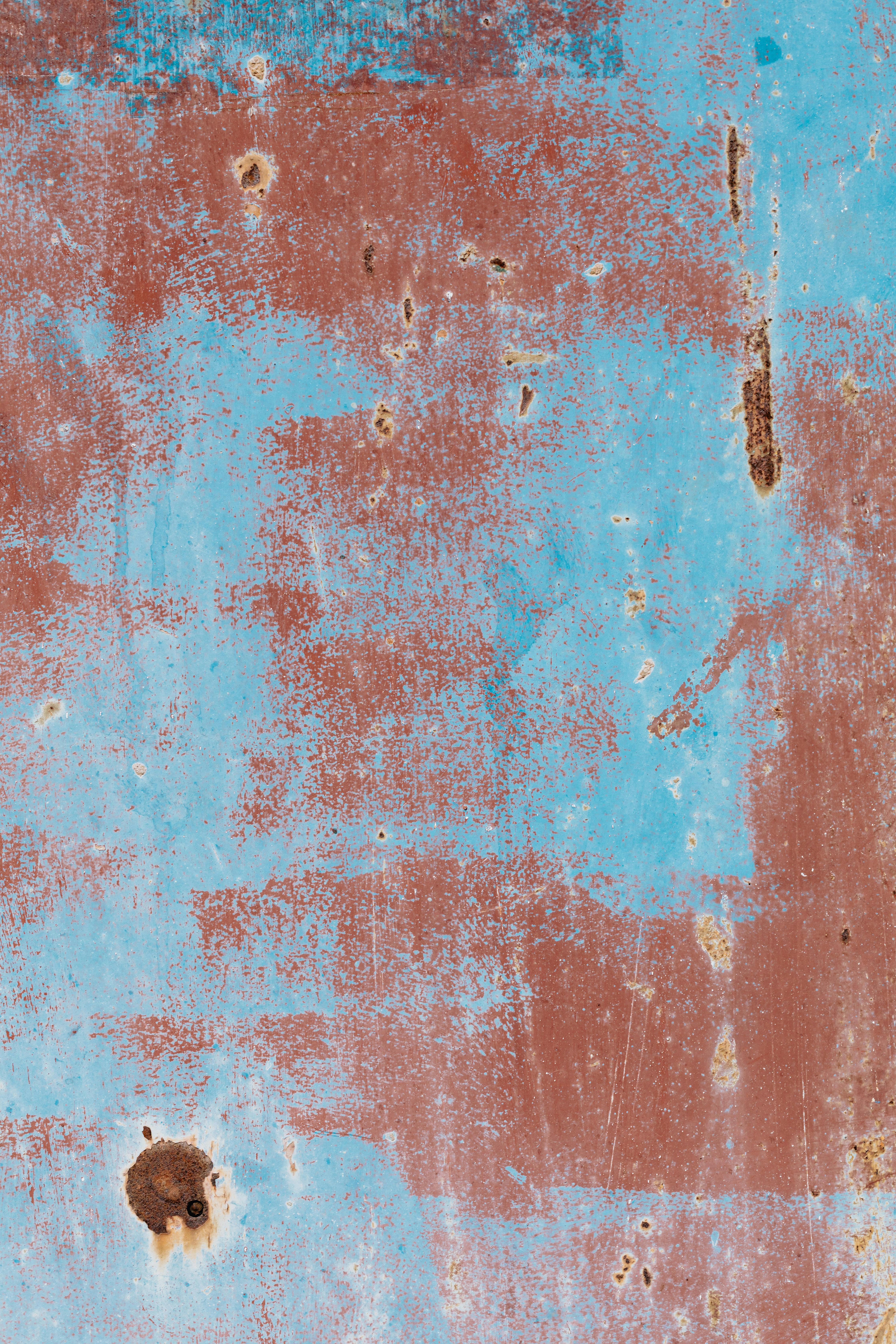
Effective Ways to Release Pressure from Ear in 2025
Experiencing pressure in your ears can be uncomfortable and distracting, often resulting from changes in altitude, allergies, sinus infections, or earwax build-up. In 2025, understanding the various techniques and home remedies for relieving ear pressure is essential. Whether you're dealing with ear pressure during flights or managing chronic discomfort, this article provides an overview of effective strategies for ear pressure relief.
From simple exercises to practical home treatments, there are numerous ways to alleviate the symptoms of ear pressure. We'll delve into understanding the causes behind ear pressure, discuss both immediate and long-term relief options, and highlight the best practices to maintain healthy ear pressure levels. By prioritizing ear health, you can ensure a more comfortable experience in daily life.
Key takeaways from this article include:
- Understanding ear pressure causes and symptoms.
- Techniques for quick ear pressure relief.
- Recommended home remedies and treatment options.
- Effective practices for preventing ear pressure buildup.
Understanding the Causes and Symptoms of Ear Pressure
Ear pressure can stem from various sources, including altitude changes, allergies, sinus infections, and earwax buildup. Recognizing the symptoms is crucial for effective management. Common symptoms of ear pressure include discomfort, fullness, and, in some cases, dizziness or headaches.
Common Causes of Ear Pressure
One of the primary causes of ear pressure is the Eustachian tube dysfunction, which can occur due to rapid altitude changes, such as when flying or diving. Allergies and sinus infections can cause inflammation and congestion, leading to a buildup of pressure. It's also worth noting that changes in temperature might impact ear pressure.
Recognizing Symptoms of Ear Pressure
Symptoms can vary from mild discomfort to severe pain. You might feel a sensation of fullness, experienced temporary hearing loss or muffled sounds, or even experience vertigo in severe cases. Understanding these signs can help in choosing the right ear pressure relief strategies.
When to See a Doctor for Ear Pressure
If ear pressure persists and is accompanied by severe pain, bleeding, or discharge, it is essential to seek medical advice. Persistent pressure can indicate underlying issues such as infections or other medical conditions requiring intervention.
Effective Techniques to Relieve Ear Pressure Fast
Once you've recognized the symptoms and their potential causes, the next step involves immediate relief techniques. These methods can help alleviate discomfort and restore normal ear pressure quickly.
Yawning and Chewing Gum for Ear Pressure Relief
Yawning is a natural reflex that can help open the Eustachian tube and equalize pressure. Taking deep breaths and intentionally yawning can be quite effective. Similarly, chewing gum encourages swallowing, which aids in opening the Eustachian tube, providing relief from ear pressure.
Valsalva Maneuver and Swallowing Techniques
The Valsalva maneuver involves closing your mouth, pinching your nose, and gently blowing. This technique can help push air into the Eustachian tube and relieve pressure. Likewise, swallowing can also help; consider sucking on hard candy or taking small sips of water to facilitate this.
Nasal Decongestants and Steam Inhalation
Nasal decongestants may provide relief by reducing swelling in the nasal passages, allowing for better airflow and reducing pressure. Additionally, inhaling steam can help clear congestion, making it easier for the Eustachian tube to function properly. Ensure you have a clean, warm steam source to maximize benefits.
Home Remedies for Ear Pressure Relief
Alongside immediate techniques, there are various home remedies that can offer longer-lasting relief. These remedies blend natural techniques with practices to maintain ear health effectively.
Warm Compress and Essential Oils
Applying a warm compress around the ear can increase blood circulation and reduce discomfort. Essential oils, such as tea tree or eucalyptus oil, can also provide a soothing effect. Diluting essential oils and applying them around the ear area may enhance relief.
Hydration and Lifestyle Changes
Maintaining hydration plays a crucial role in overall ear health. Drinking enough fluids can thin mucus and help prevent blockages in the Eustachian tube. Additionally, avoiding allergens and irritants can significantly reduce the frequency of ear pressure issues.
Exercise Techniques for Ear Pressure
Simple exercises such as neck rolls, head tilts, and even gentle jaw movements can improve circulation and help relieve pressure. Regularly practicing these techniques can enhance your ability to manage ear pressure more effectively.
Seeking Medical Treatment for Persistent Ear Pressure
While home remedies and self-care can be effective, there might be instances when medical intervention is necessary. Consult healthcare providers for persistent symptoms or underlying conditions that require specialized treatment.
Medication for Ear Pressure Relief
Over-the-counter medications, such as antihistamines and decongestants, may be useful in managing symptoms. Discussing these options with a healthcare professional is advisable, as they can recommend the most appropriate treatments based on your condition.
Nasal Irrigation and Other Treatment Options
Nasal irrigation is an effective technique used to clear sinuses and improve airflow. Devices like Neti pots can help, but ensure you follow proper instructions for safe use. Other potential treatments could involve corticosteroids, if recommended by a doctor.
Exploring Alternative Therapies
Complementary therapies, such as acupuncture or chiropractic adjustments, may also provide relief for some individuals. However, ensure you consult with a healthcare provider before pursuing alternative or holistic approaches.
Conclusion: Maintaining Healthy Ear Pressure
In managing ear pressure, it's vital to understand the causes and symptoms associated with discomfort. Utilizing effective techniques and home remedies offers quick relief and sustainable practices for preventing future issues. Regular check-ups with healthcare providers and adopting lifestyle changes can enhance ear health significantly.
By implementing the above suggestions, you can effectively manage ear pressure — ensuring comfort during daily activities and when faced with altitude changes.